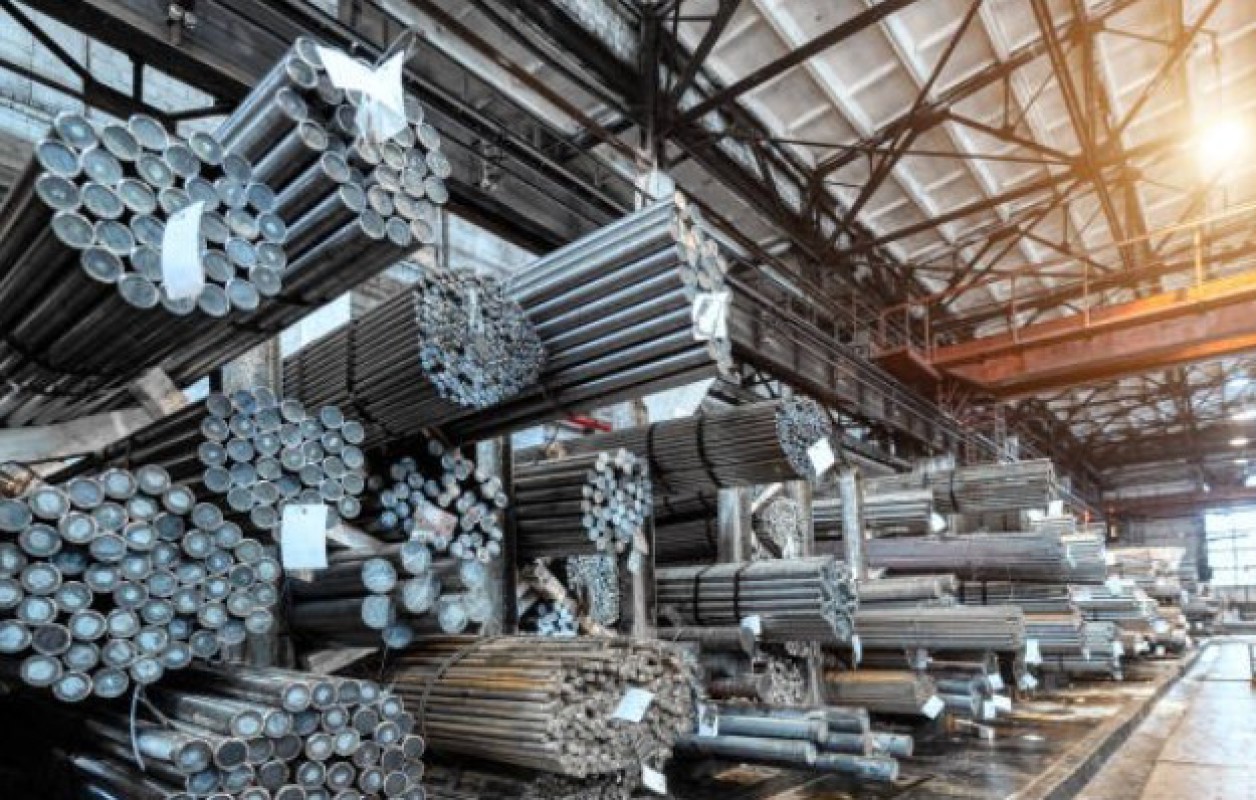Real businesspesons do not get iron import permission

585

Eain/ Yoon (NP News) - Feb 16
According to inquiries by The Statesman, construction industry professionals are facing difficulties because those actually doing iron businesses are not receiving permits to import iron.
In 2021, the price of a ton of iron was only about 1.3 million kyats. In recent years, the price of construction materials has also increased due to the rise in the currency price of dollar, and in 2024, the price of a ton of iron in the market has increased to 3.4 million kyats.
In addition, prices are currently continuing to rise, and although there is iron in the market, there is no production to sell to meet demand, making it more difficult.
Although the state is re-issuing iron import permits, it is reported that those who are actually working are not receiving permits.
"I understand that there has been a slight increase in the import of iron. In the case of iron, it is mainly those who are doing it who are not getting the permit. That is why the price of iron is high. An iron permit used to cost more than 10 million. Now it is about 600,000, 700,000. If it is imported from abroad and the permit is 20 million, then the capital cost is more than 30 million. If the seller pays 10 million for the permit, he will make a profit of 10 million. If it is 20 million, then the price is more than 20 million. Now, if the permit is 10 million, then the capital cost is 30 million, and he can only sell it for more than 30 million," a construction entrepreneur told The Statesman.
Construction entrepreneurs are reportedly having to control their construction activities and some even stop their construction due to struggles obtaining permits.
Currently, iron ore is allowed to be imported within a month with export earnings, but it is reported that there are costs since the permit is not issued within a month.
"For example, nails are allowed to be imported with the money earned from export. The import permit is valid for a month. If it is not within a month, the state sets the price at 2100 kyats, then it is 2100 kyats or 2900 kyats such as, then it is issued in Myanmar currency. When the permit is not received within a month, this money becomes wasted. There are costs for this problem. There are also costs for the permit. If these are reduced, construction sites will also be more convenient," he continued.
Therefore, there are suggestions that the state should only grant iron import permits to those who are working and to relax the financial requirements.
"The priority is to issue permits to import. If so, we won't have to pay for permits. People who are actually working should get permits. This is the second priority. Another thing is to relax the restrictions on imported currency. That way, whether it's cement or iron, it will be at a reasonable price. Now, due to it's difficult to get permits, the permit rates are rising. As usual, if it's difficult, the permit will be more expensive. If there were relaxations on the restrictions on currency, it will be more convenient because it can be sold at its market price," he continued.
Domestic demand for iron and steel is approximately 2.5 million to 3 million tons annually, and the demand for iron and steel for national construction projects is also increasing annually.